To provide the best experiences, we use technologies like cookies to store and/or access device information. Consenting to these technologies will allow us to process data such as browsing behavior or unique IDs on this site. Not consenting or withdrawing consent, may adversely affect certain features and functions.
The technical storage or access is strictly necessary for the legitimate purpose of enabling the use of a specific service explicitly requested by the subscriber or user, or for the sole purpose of carrying out the transmission of a communication over an electronic communications network.
The technical storage or access is necessary for the legitimate purpose of storing preferences that are not requested by the subscriber or user.
The technical storage or access that is used exclusively for statistical purposes.
The technical storage or access that is used exclusively for anonymous statistical purposes. Without a subpoena, voluntary compliance on the part of your Internet Service Provider, or additional records from a third party, information stored or retrieved for this purpose alone cannot usually be used to identify you.
The technical storage or access is required to create user profiles to send advertising, or to track the user on a website or across several websites for similar marketing purposes.

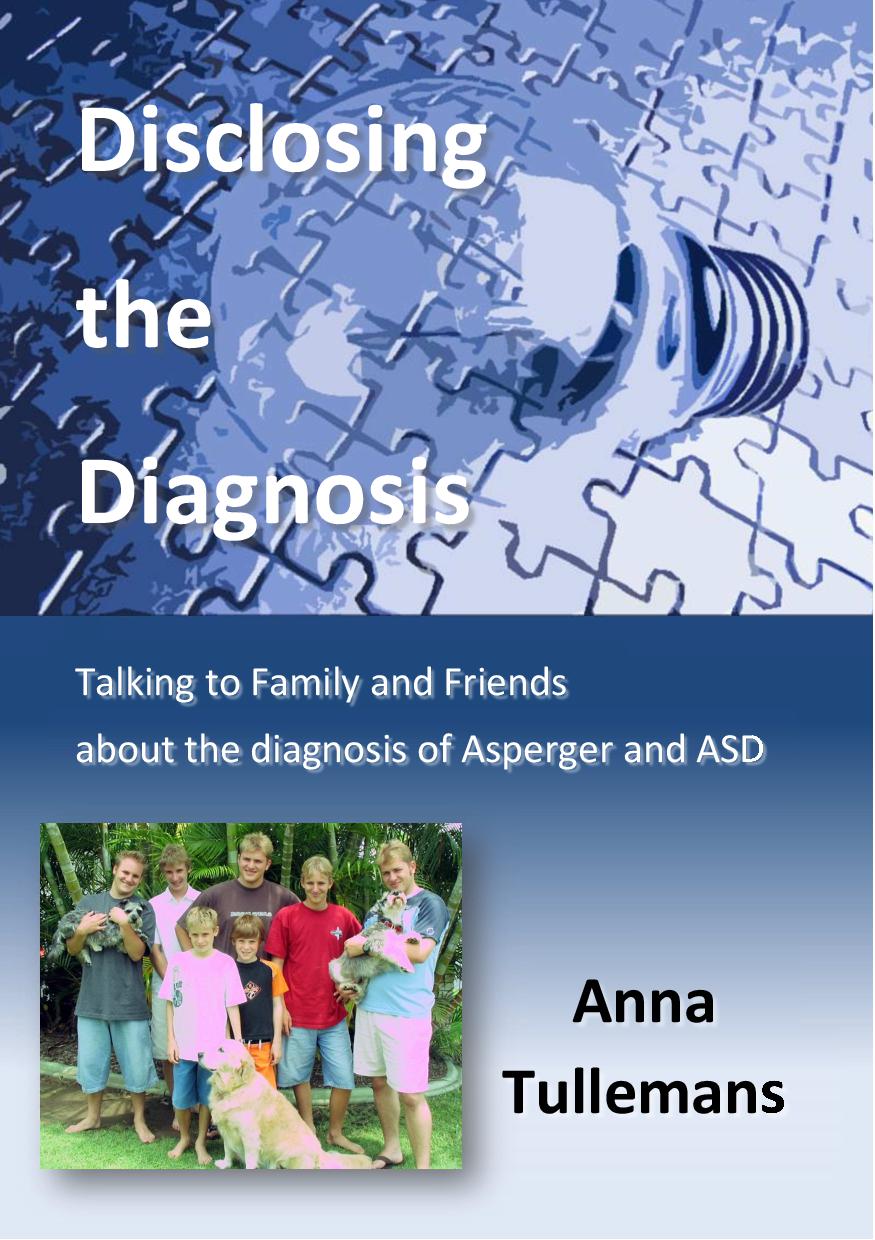
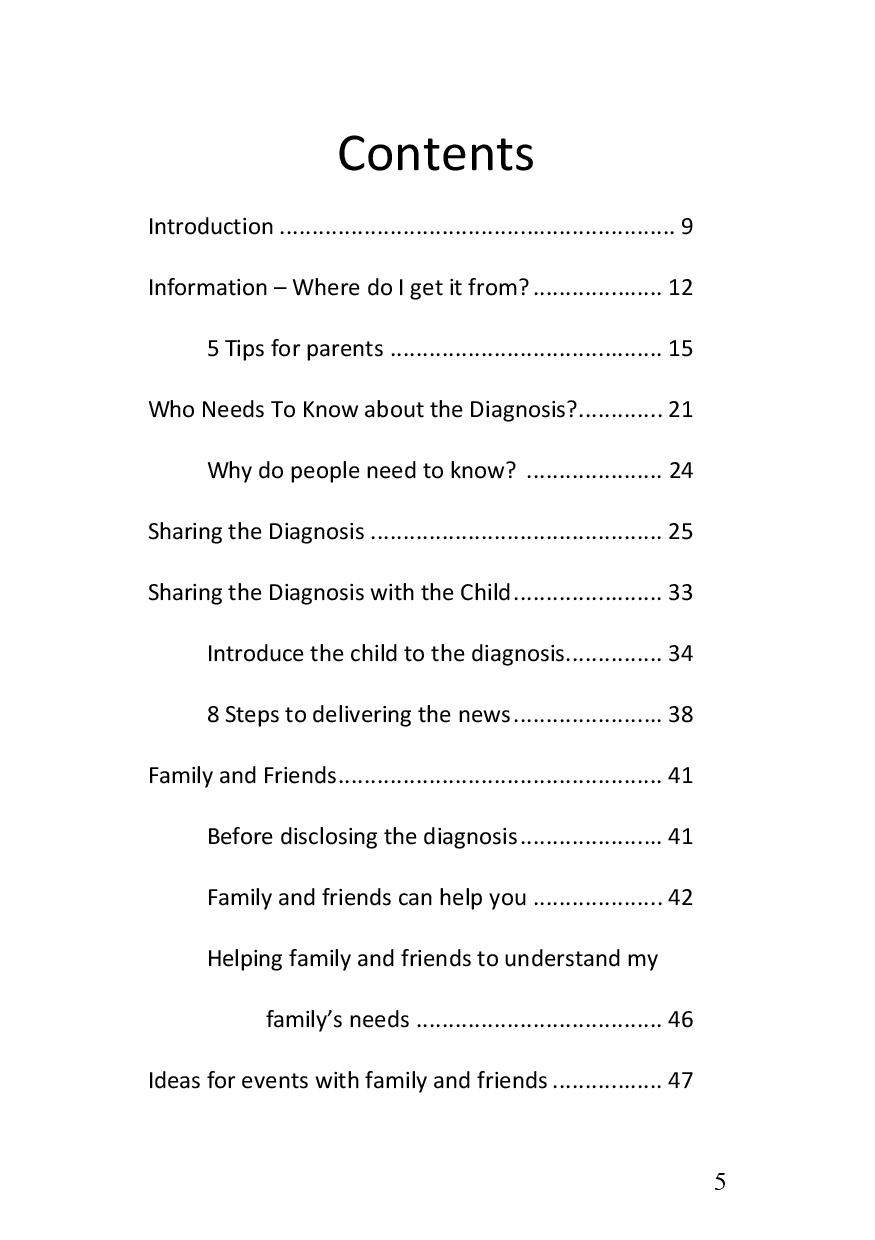
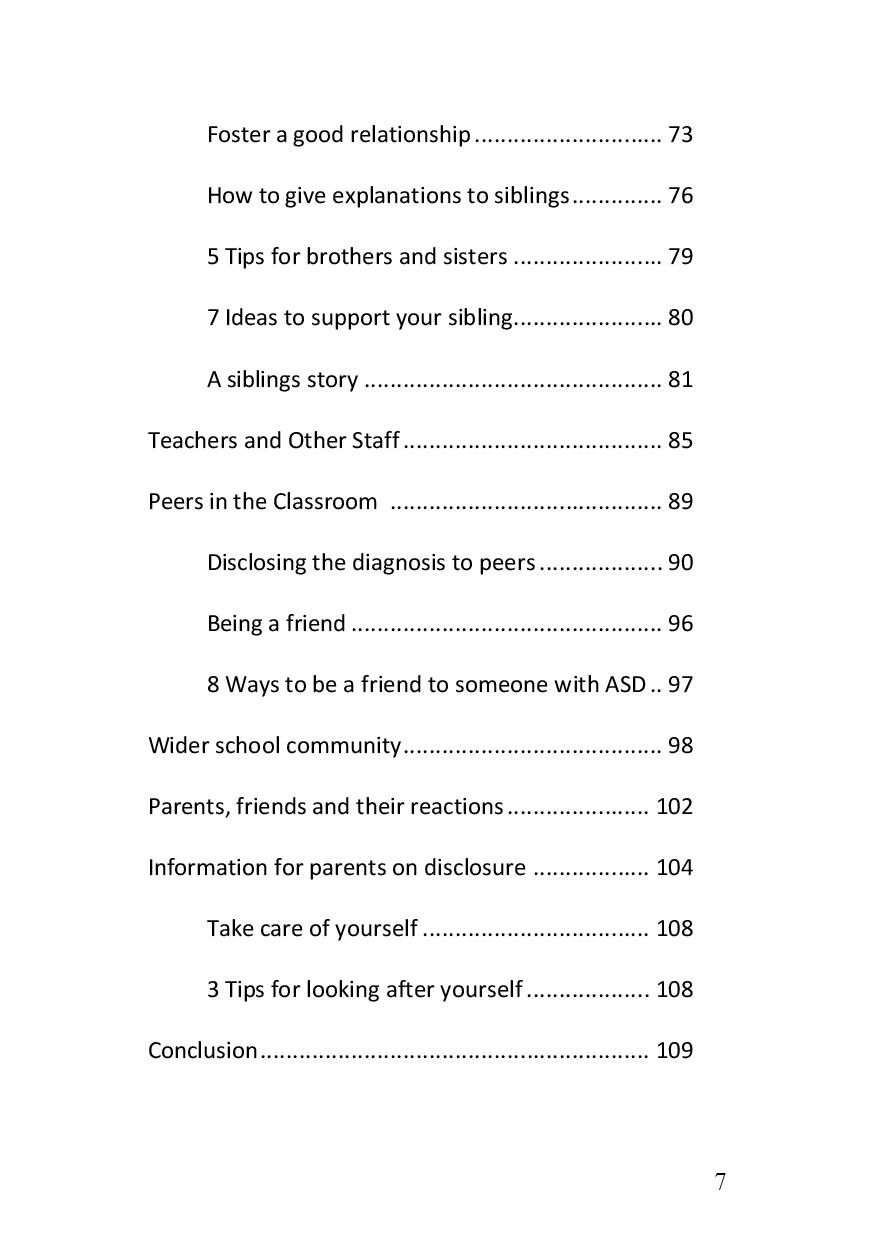
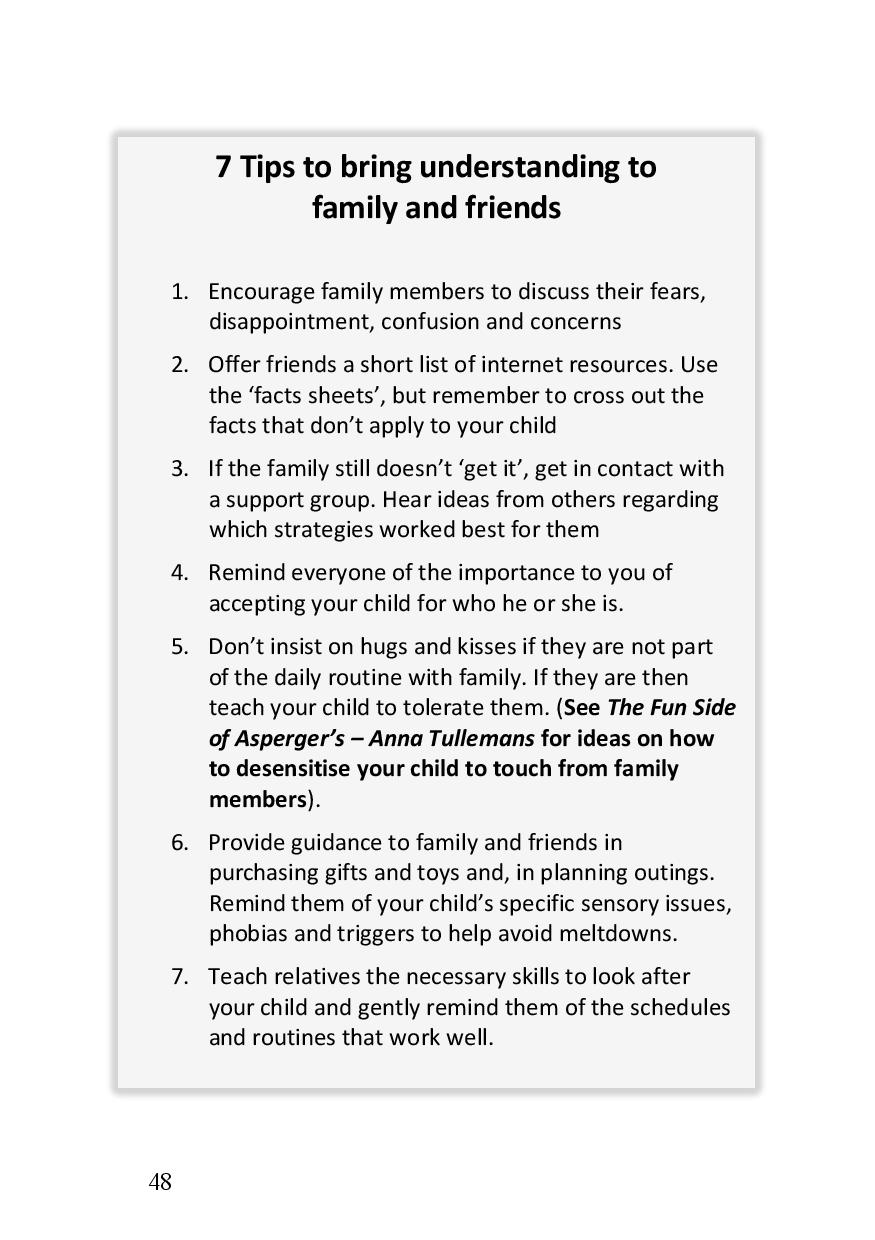
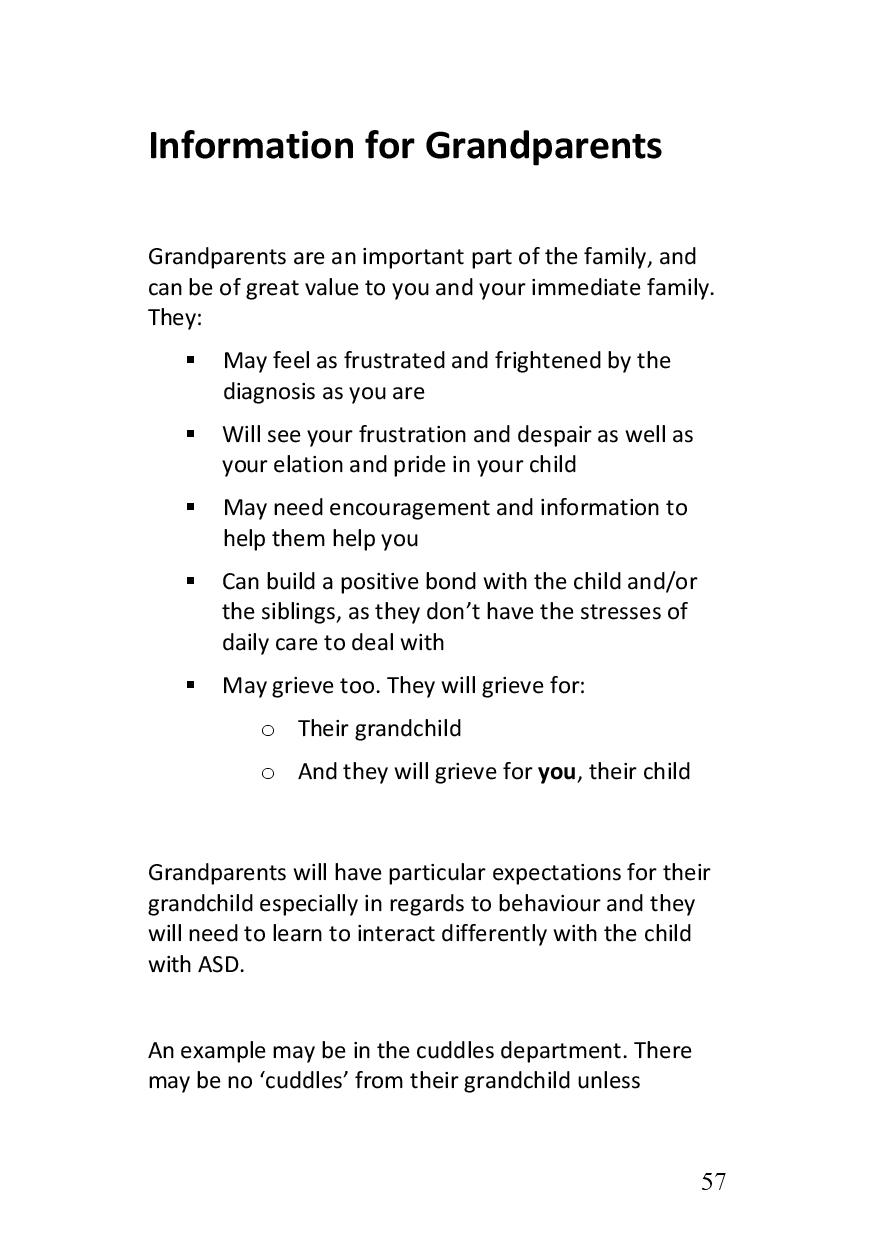
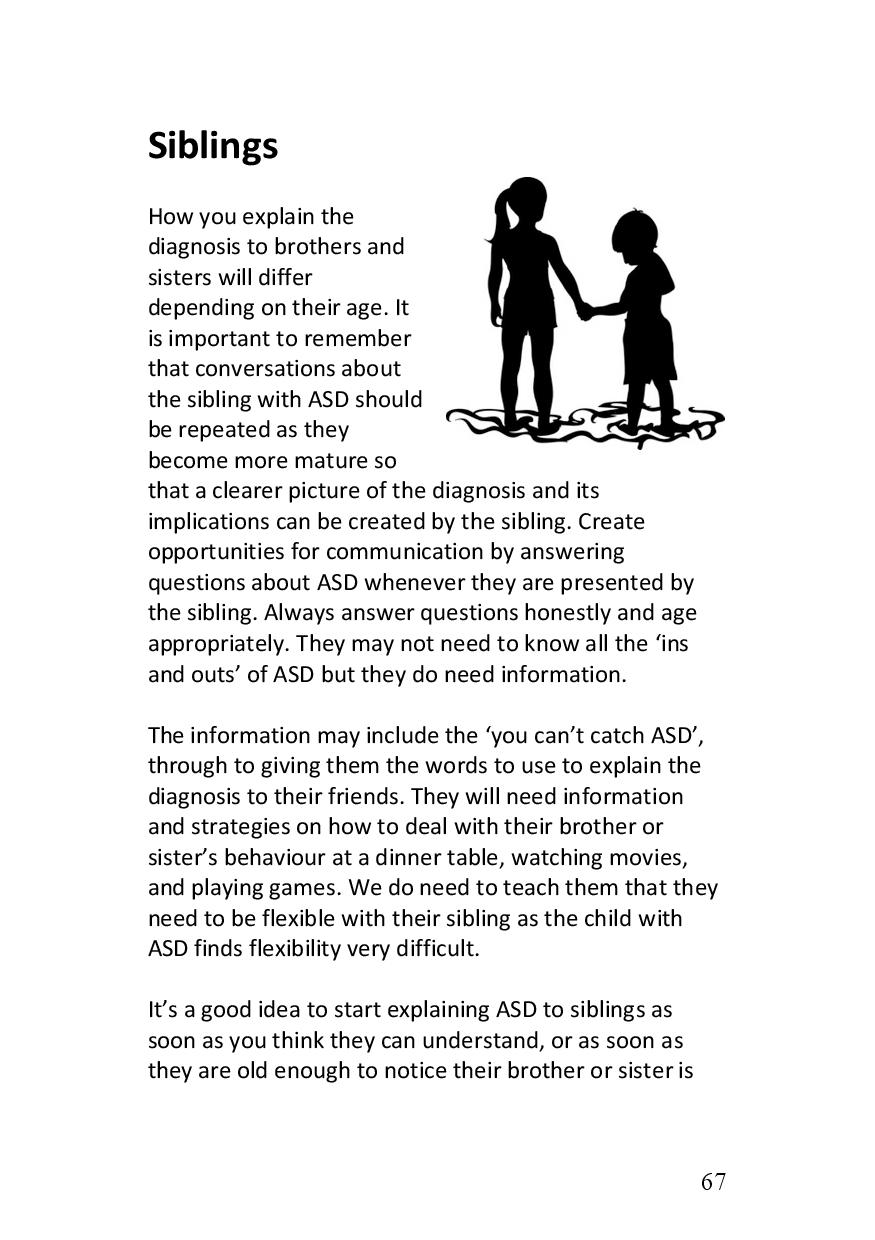

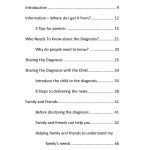
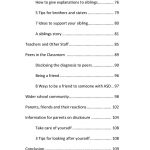
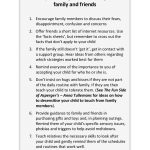
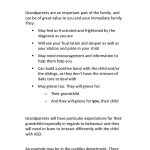
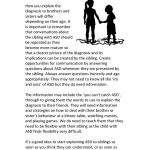



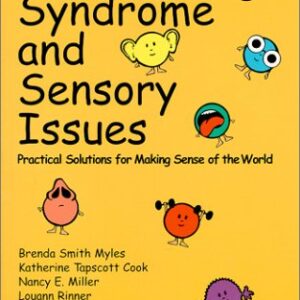
Rhonda –
Book review – Disclosing the Diagnosis
Reviewed by Rhonda Valentine Dixon
This is a book designed to assist health professionals to understand people on the Autism Spectrum.
Anna’s books are always abundant in common sense advice for parents and professionals to facilitate easier negotiation of everyday occurrences. This one is no different.
If parents design a social story for their child, using simple illustrations, easy language or a specific app, and personalise it each time they visit a clinician, the benefit to the professional is as evident as it is to the child. No doctor, dentist, nurse or hairdresser needs or wants to attempt to do their job when a child’s anxiety is through the roof.
Physicians can be informed of specific challenges prior to an appointment. Anna suggests these may include: –
Social interaction
Social communication
Routine, rigidity and repetitiveness
Sensory issues
It has long been understood that creating structure and a supportive environment in the life of a person with ASD assists them to cope with any difficulties that arise. This book suggests ways to implement that structure including hints clinicians can adopt to facilitate successful consultations.
Important issues are touched upon, such as: –
The possibility of the autistic person interpreting language literally
Many on the autism spectrum have a high pain threshold
The importance of visual explanations in consultations
Injections, Blood Tests and Medical Procedures
Many issues within the medical and human service fields overlap so challenges and suggestions are similar as the reader progresses through the book, though there are specific deviations such as incentives to take medication in the Nurses section, using sunglasses in the Dentist’s surgery, facing backwards and lying in the prone position in the Paramedics section, the use of a nylon or plastic cape at the Hairdresser’s and so on.
This book dispels the notion that unusual or inappropriate behaviour is bad behaviour.
ISBN 978-0-9923000-3-6